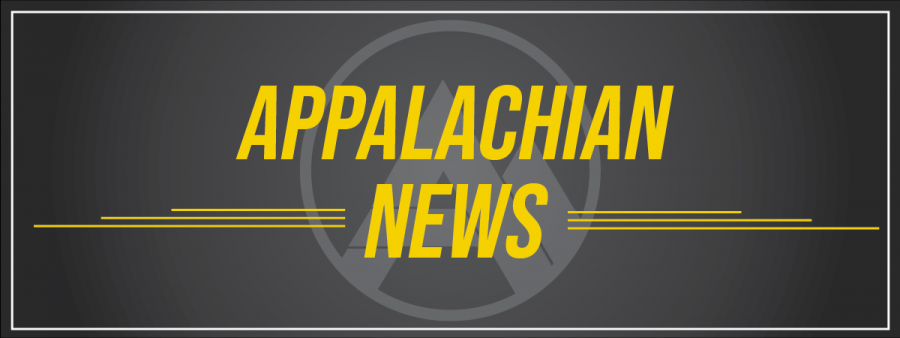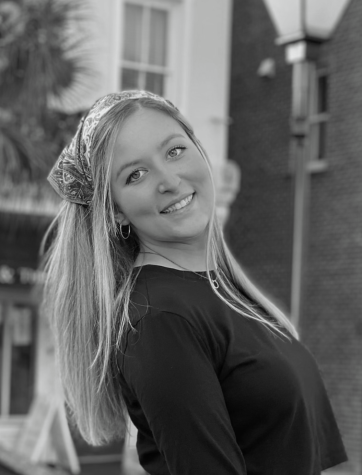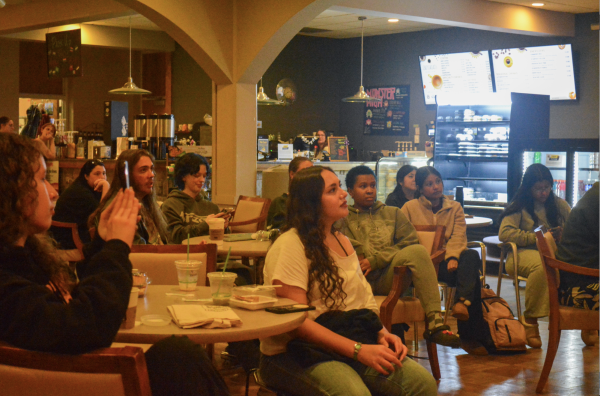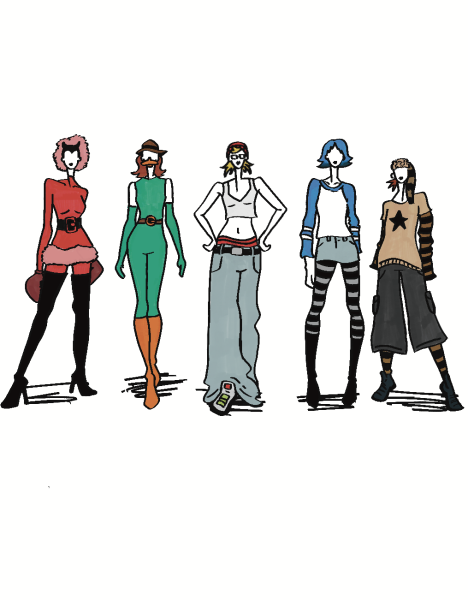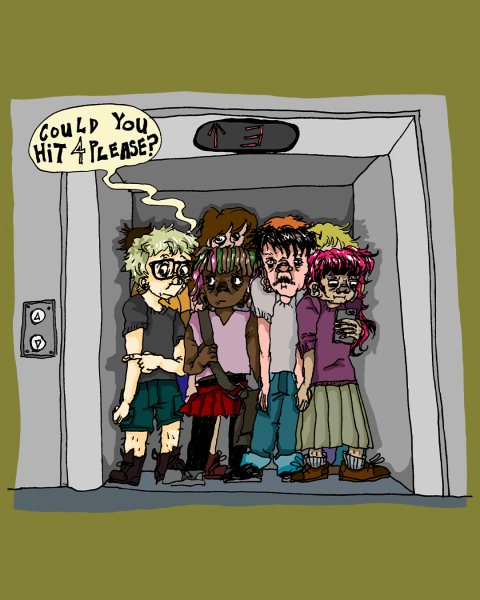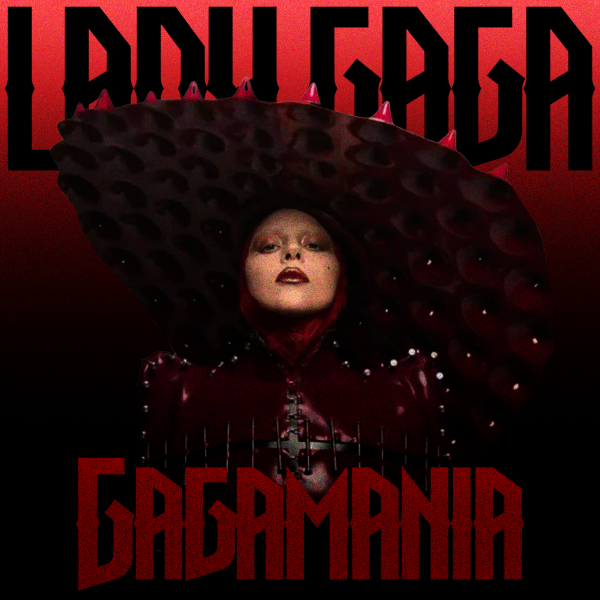LGBTQ+, minority focused books rise in book bans
March 7, 2023
Roald Dahl, who’s written children’s book staples such as “Charlie and the Chocolate Factory,” “Matilda” and “James and the Giant Peach,” has an adult book “My Uncle Oswald.” In the case of campus librarian Jennifer Luetkemeyer, it was a mistake found in her junior high library. It is an anecdote she recalls in light of the many book challenges and bans across the country.
After her personal story, Luetkemeyer, associate professor of library sciences at the university, said librarians are getting more strict about the books entering their collections. However the concern is not typically of mistakes, but rather the reluctance to bring a book into a collection that could be at risk for getting banned.
She outlines the typical library’s process as first, filling out a form. After that, a committee is created to read the book and consider the appeal. When a decision is made, they can appeal that decision, which would then usually turn it over to the school board.
Luetkemeyer said recently people are going straight to the school board instead of following a similar process, which she said most libraries have.
“The danger in school boards allowing that to happen is that they have policies in place and once you deviate from the policy and don’t follow the policy you open yourself up to litigation,” Luetkemeyer said.
Watauga County, within the past nine years of Scott Elliott serving as superintendent, has no book bans or challenged material, Elliott wrote in an email. In 2016, a policy was adopted for parents to challenge books and the steps they have to meet for that challenge.
The lack of challenges are in lieu of a parent comment to the Board of Education about the book “The House of Spirits” by Isabel Allende. The comment claimed the book as “horrific,” “graphic” and “immoral,” according to the School Library Journal website.
Allende had, at the time, “written 20 books, translated into 35 languages, and sold more than 60 million copies worldwide,” she wrote in her letter to the Watauga County BOE. The letter mentions over 11 awards for “The House of Spirits.”
Watauga County voted they would not ban the book and have not banned one since.
The highest percentage of banned books in North Carolina originates in the neighboring Wilkes County school district. Wilkes County holds 38% of North Carolina book bans, with Pitt County following with 31%.
As social topics surge in recent years such as the Black Lives Matter movement rising in 2020 and LGBTQ+ rights debates at the federal level, it reflects in the books banned.
Of the banned books in the U.S., 70% of the bans originate from southern states. States such as Florida, which accounted for 22%, have book bans enforced through the entire state for each library, said Luetkemeyer.
Florida has taken a recent step to eliminate African American studies and contemporary topics, such as Black Lives Matter, from their curriculum.
With that, the College Board removed many Black writers and scholars associated with critical race theory, the queer experience and Black feminism from the AP curriculums.
“There are librarians who have become so terrified of this situation that has begun to occur that they are self-censoring in the books that they purchase and trying to pre-anticipate what might be challenged so that they don’t even purchase those titles,” Luetkemeyer said.
Over 2021-22, the top six banned books in the United States were centered around people of color and LGBTQ+ identifying people.
“Book challenges have just exploded in the past few years,” Luetkemeyer said. “It is definitely — I don’t know if I would say politically motivated so much as a byproduct of how completely polarized our political system has become.”
One of Luetkemeyer’s past students reached out to her a couple years ago in regard to an atypical question toward the alum’s library content. A woman had come into the primary education library and asked for a list of every book in the library that had a Black character.
“Our job as librarians is to make sure that our collections represent everyone in the community,” Luetkemeyer said. “Everyone in the community should see themselves represented in the collection and when we pull books off of the shelf, and when we self-censor, that stops happening.”
During 2021-22, 2,532 books were banned in the U.S., according to PEN America’s Index of School Book Bans, an organization created to promote free expression.
In 2021, about half of the bannings were reasoned in relation to sexually explicit material and LGBTQ+ content.
In comparison to the American Librarians Association’s Banned and Challenged Books website listing the top 10 challenged books in past years, lists before about 2016 were almost entirely banned from explicit material in relation to violence and language.
“Library books are optional which is why it’s the parents’ responsibility to police that reading,” Luetkemeyer said.

